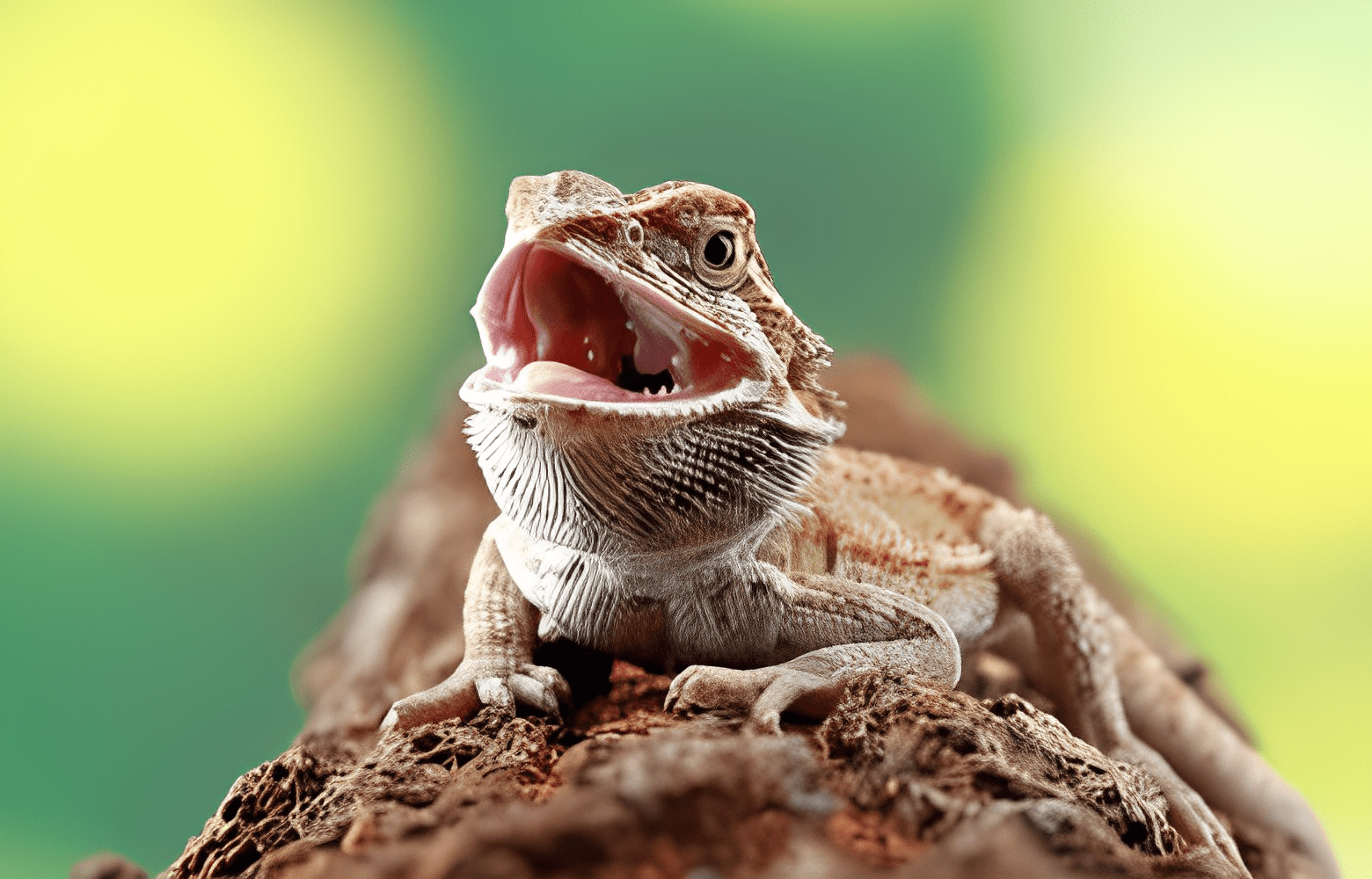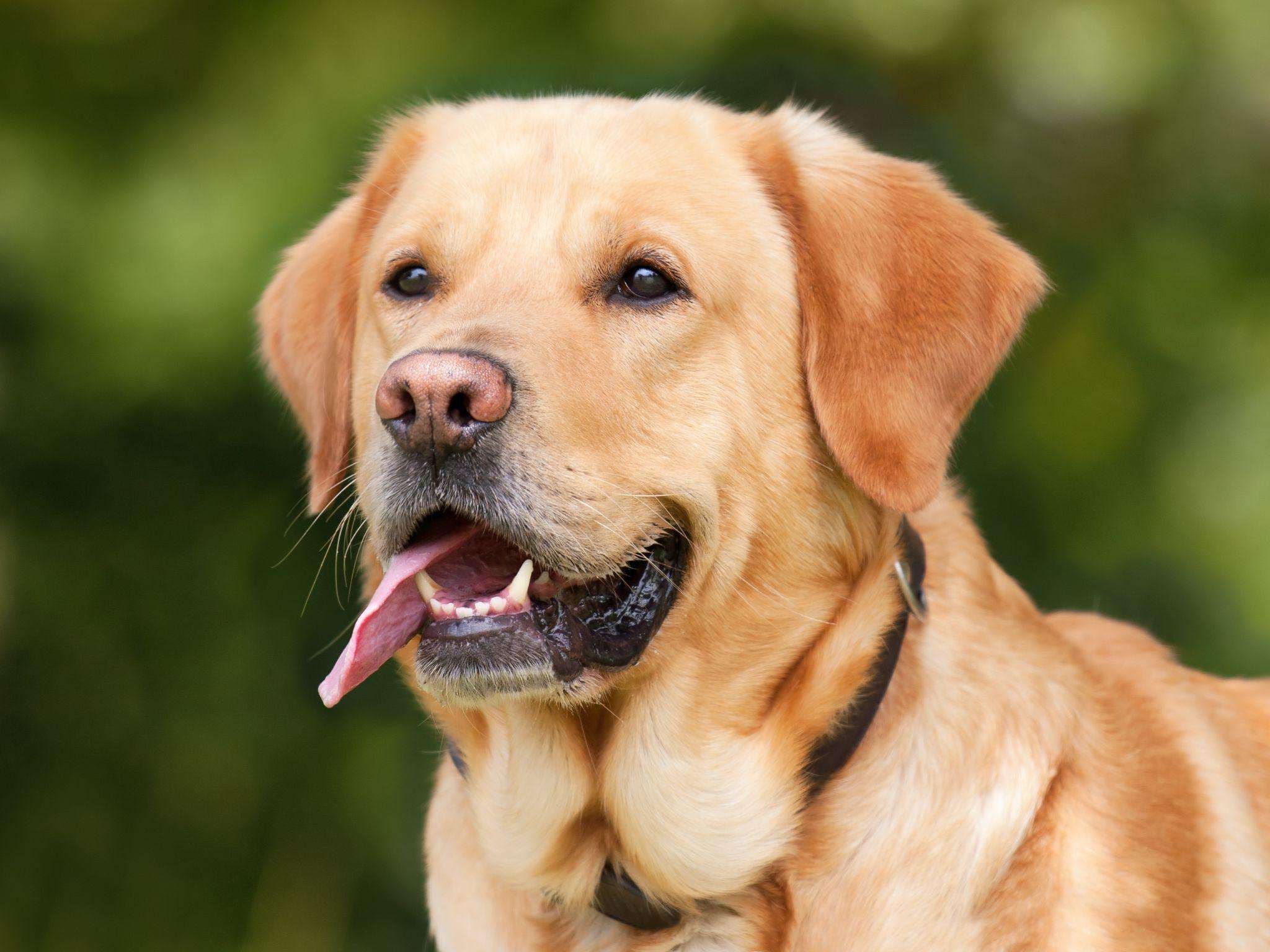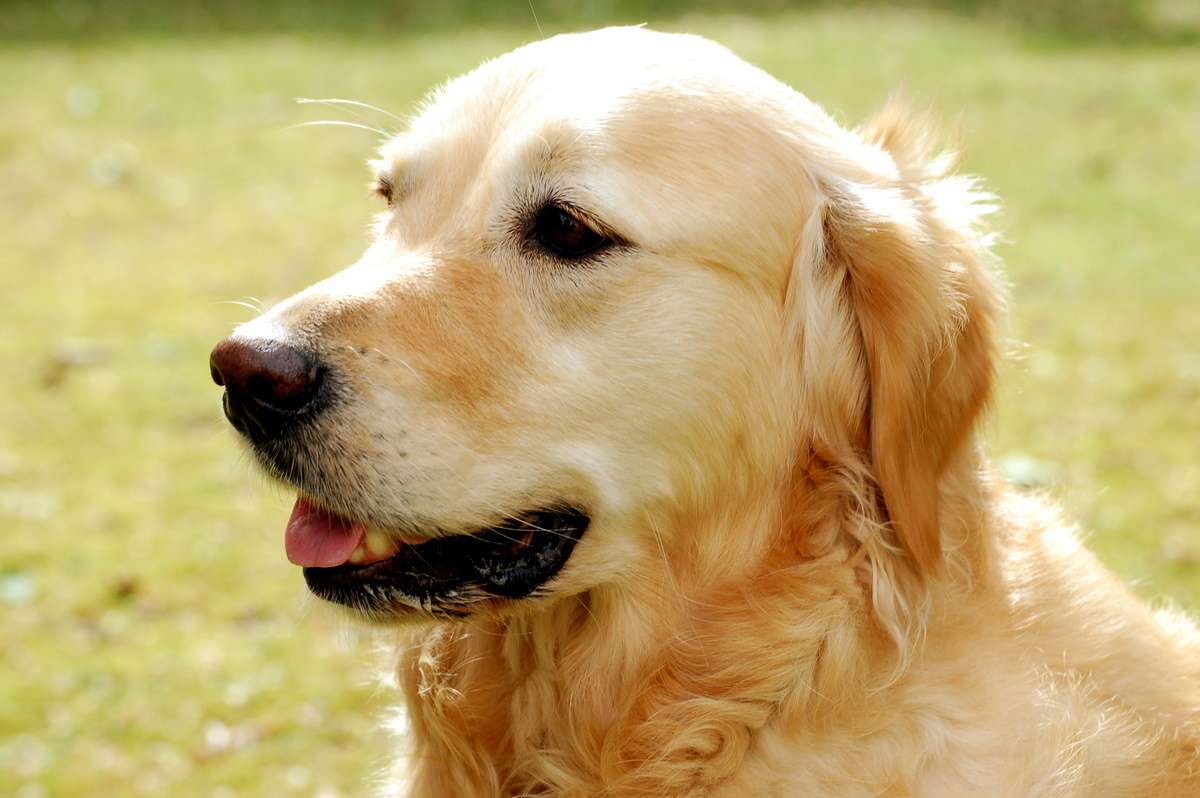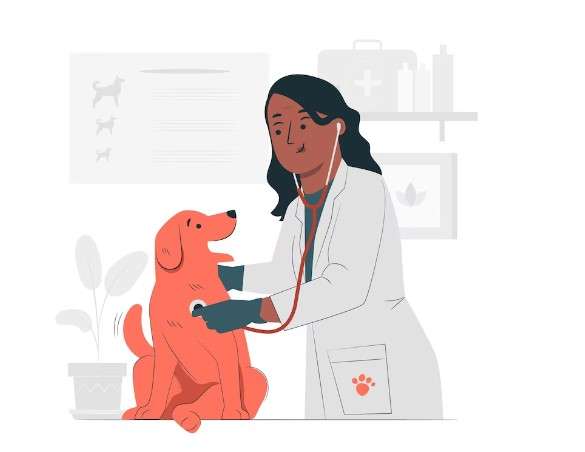If you’re fascinated by reptiles and are considering getting a bearded dragon as a pet, you’re probably curious about what makes them tick, or should we say, eat. Bearded dragons are known for their insatiable appetite and can sometimes seem like little eating machines. But have you ever wondered why these creatures are always hungry? In this article, we’ll dive into the world of bearded dragons to unravel the mysteries of their appetite.
From their natural habitat to their diet preferences, we’ll explore the key factors that drive a bearded dragon’s feeding frenzy. We’ll reveal the secrets behind their favorite meals, from crickets and mealworms to leafy greens and fruits. Plus, we’ll offer some tips on how to provide a balanced and nutritious diet for your scaly companion.
Whether you’re a proud bearded dragon owner or just curious about these reptiles, this article will provide valuable insights into understanding and satisfying the voracious appetite of a bearded dragon. Get ready to uncover the riddles of reptilian hunger and become an expert in meeting the dietary needs of your bearded dragon!
Understanding the Feeding Behavior of Bearded Dragons
Bearded dragons are native to the arid regions of Australia, where they have adapted to survive in harsh conditions. Their feeding behavior is influenced by their natural habitat and evolutionary history. In the wild, bearded dragons are opportunistic omnivores, meaning they eat both animal and plant matter. This versatile diet allows them to consume a wide range of food sources and adapt to different environmental conditions.
One reason behind their seemingly insatiable appetite is their metabolism. Bearded dragons have a high metabolic rate, which means they require frequent and substantial meals to fuel their energy needs. Additionally, their small stomach size limits the amount of food they can consume in one sitting, leading to more frequent feeding sessions.
Another factor contributing to their feeding behavior is their hunting instinct. Bearded dragons are active predators and possess sharp teeth and powerful jaws, enabling them to catch and consume their prey efficiently. This natural instinct drives their desire to constantly search for food and engage in a feeding frenzy.
Understanding these aspects of a bearded dragon’s feeding behavior is crucial for providing them with a suitable diet and ensuring their overall well-being.
Nutritional Needs of Bearded Dragons
To maintain a healthy and thriving bearded dragon, it’s essential to meet their specific nutritional requirements. Bearded dragons require a balanced diet that provides them with all the necessary nutrients, vitamins, and minerals. Neglecting their nutritional needs can lead to various health issues, including metabolic bone disease and vitamin deficiencies.
The primary nutritional components that bearded dragons need are protein, calcium, vitamins, and fiber. Protein is essential for growth and muscle development, while calcium is crucial for bone health. Vitamins, such as vitamin D3, are necessary for proper calcium absorption.
Fiber, obtained from plant matter, aids in digestion and prevents constipation. Including a variety of food sources in their diet ensures that bearded dragons receive a range of nutrients to support their overall health and well-being.
A bearded dragon bite is typically a mild and infrequent occurrence, as these docile reptiles are known for their calm demeanor. However, it’s essential to understand that they may bite in certain situations, such as feeling threatened or mistaking a finger for food. Bearded dragon bites are generally not painful, and their small teeth rarely break the skin. These bites are more akin to a gentle nip and are often a result of stress, fear, or discomfort.
Types of Food for Bearded Dragons
When it comes to feeding bearded dragons, a diverse diet is key. They require a mix of animal-based protein and plant matter to meet their nutritional needs. Let’s explore the different types of food that bearded dragons enjoy and benefit from:
- Insects: Bearded dragons are insectivores, and insects form a significant portion of their diet. Crickets, mealworms, superworms, dubia roaches, and silkworms are popular options. These insects provide the necessary protein and essential nutrients that contribute to a healthy bearded dragon.
- Leafy Greens: Bearded dragons also require a variety of leafy greens and vegetables. Dark, leafy greens like collard greens, kale, and mustard greens are excellent sources of calcium and other essential nutrients. Other suitable vegetables include squash, bell peppers, and carrots.
- Fruits: While fruits should be offered sparingly due to their high sugar content, they can be a tasty and nutritious addition to a bearded dragon’s diet. Safe fruit options include berries, melons, and apples. Remember to remove any seeds or pits that can be harmful to your reptile friend.
By providing a diverse range of food options, you can ensure that your bearded dragon receives the necessary nutrients for optimal health.
Feeding Schedule for Bearded Dragons
Establishing a feeding schedule is important to maintain a healthy routine for your bearded dragon. Younger dragons require more frequent feeding, while adults can be fed less frequently. Here’s a general guideline for a bearded dragon feeding schedule:
- Hatchlings (0-3 months): Feed them 2-3 times a day, providing a mix of insects and finely chopped greens. Make sure the insects are small enough for them to consume easily.
- Juveniles (3-12 months): Feed them once or twice a day, gradually increasing the size of the insects and introducing a wider variety of vegetables.
- Adults (12+ months): Feed them once a day, offering a combination of insects and a larger portion of vegetables.
It’s important to monitor your bearded dragon’s weight and adjust their feeding schedule accordingly.
How to Prepare and Serve Food for Your Bearded Dragon
Properly preparing and serving food for your bearded dragon ensures their safety and promotes healthy eating habits. Here are some tips to follow:
- Insects: Before feeding insects to your bearded dragon, ensure they are gut-loaded. This means feeding the insects a nutritious diet for at least 24 hours before offering them to your pet. Dust the insects with a calcium supplement before serving to enhance their nutritional value.
- Leafy Greens and Vegetables: Wash and chop leafy greens and vegetables into bite-sized pieces. Bearded dragons have small mouths, so make sure the pieces are manageable. Offer a variety of greens to provide different nutrients and prevent boredom.
- Fruits: Remove any seeds or pits from fruits and cut them into small, manageable pieces. Limit the amount of fruit offered due to its high sugar content.
- Presentation: Place the food in a shallow dish or on a clean surface within the enclosure. This makes it easier for your bearded dragon to locate and consume their food. Monitor feeding sessions to ensure they are eating properly and remove any uneaten food to maintain cleanliness.
By following these steps, you can ensure that your bearded dragon receives a well-prepared and appetizing meal.
Common Feeding Problems and Solutions
While bearded dragons generally have healthy appetites, they can encounter feeding problems that require intervention. Here are some common issues and their solutions:
- Refusal to Eat: If your bearded dragon suddenly stops eating, it could be due to stress, illness, or environmental factors. Ensure their enclosure is set up correctly, maintain appropriate temperature and lighting, and monitor for any signs of illness. If the problem persists, consult a reptile veterinarian for a thorough examination.
- Selective Eating: Bearded dragons can be picky eaters, particularly when it comes to vegetables. If your dragon consistently refuses certain greens, try offering them in different forms, such as finely chopping or shredding them. Experiment with different vegetables to find ones that are more appealing to your pet.
- Overfeeding: Overfeeding can lead to obesity and associated health problems in bearded dragons. If you notice your dragon becoming overweight, reduce the frequency or size of their meals. Consult a reptile veterinarian for guidance if needed.
By addressing these feeding problems promptly, you can ensure that your bearded dragon maintains a healthy appetite and overall well-being.
Supplements for Bearded Dragons
In addition to a balanced diet, bearded dragons may require additional supplements to meet their specific needs. Here are some common supplements to consider:
- Calcium Powder: Bearded dragons require calcium for proper bone development. Dusting their food with a calcium supplement, such as calcium carbonate or calcium gluconate, ensures they receive adequate calcium.
- Multivitamin Powder: A multivitamin powder designed for reptiles can provide additional vitamins and minerals that may be lacking in their diet. However, it’s important not to overdo it with supplements, as excessive amounts can be harmful.
Consult a reptile veterinarian or a knowledgeable herpetologist to determine the appropriate supplements and their dosage for your bearded dragon’s specific needs.
Feeding Tips for a Healthy Bearded Dragon
To ensure the health and well-being of your bearded dragon, here are some additional feeding tips to keep in mind:
- Provide Fresh Water: Bearded dragons require access to fresh, clean water at all times. Use a shallow dish or a water dropper to offer water, ensuring it is changed regularly.
- Monitor Temperature and Lighting: Proper temperature and lighting are crucial for a bearded dragon’s digestion and overall health. Ensure their enclosure has appropriate heat and UVB lighting to support their metabolic processes.
- Variety is Key: Offer a variety of insects, leafy greens, and vegetables to provide a diverse and nutritious diet. This helps prevent nutritional deficiencies and boredom.
- Observe Your Dragon: Pay attention to your bearded dragon’s behavior and appetite. Monitor their weight, appearance, and stool quality. Any significant changes may indicate a health issue that requires veterinary attention.
By following these tips, you can provide a healthy and satisfying feeding experience for your bearded dragon.
Conclusion
Feeding a bearded dragon requires an understanding of their natural feeding behavior, nutritional needs, and appropriate food choices. By providing a balanced and diverse diet, following a feeding schedule, and addressing any feeding problems promptly, you can ensure the health and well-being of your scaly companion.
Remember to consult a reptile veterinarian or a knowledgeable herpetologist for guidance and to tailor your bearded dragon’s diet to their individual needs. With proper care and attention to their appetite, you can have a happy and well-nourished bearded dragon as a fascinating and rewarding pet.










